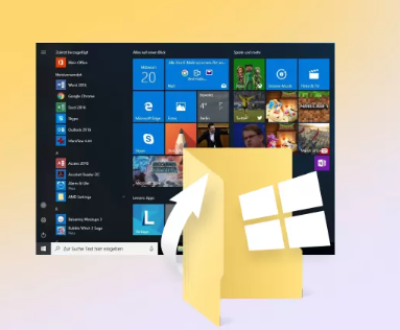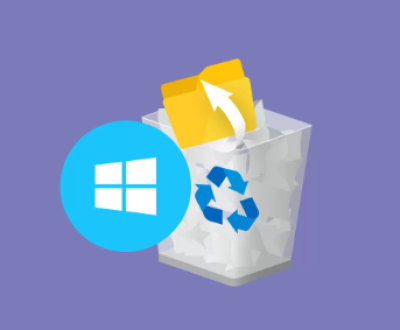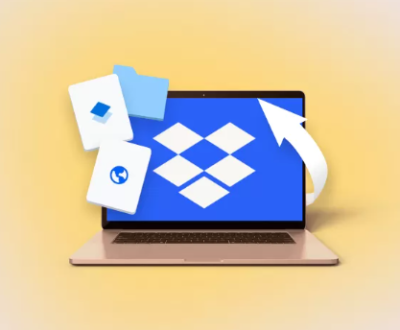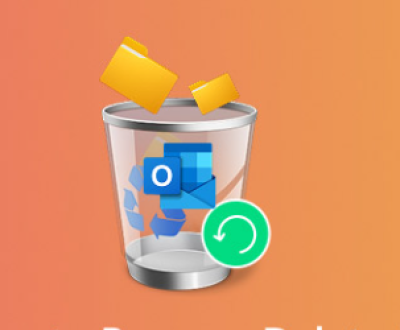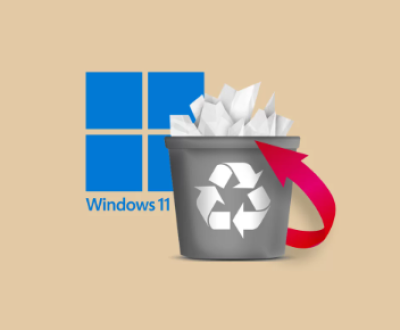Raise Data Recovery is a software designed to help users recover lost or deleted files from various storage devices. While the free version of Raise Data Recovery offers essential recovery functionalities, it has several limitations compared to its paid counterparts. Understanding these limitations is crucial for users who rely on the software for data recovery tasks.
1. Limited Recovery Capacity
One of the most significant limitations of the free version is its restricted data recovery capacity. The free version typically allows users to recover only a small amount of data, often capped at a few hundred megabytes. This limitation is particularly problematic for users who need to recover large files or multiple files that exceed the free limit. In such cases, users may need to upgrade to a paid version to recover all their lost data.
2. Reduced File System Support
Raise Data Recovery Free may not support all the file systems that the paid versions do. For example, while it might support common file systems like NTFS, FAT32. and exFAT, it might lack support for more specialized or less common file systems such as HFS+ (used in macOS), Ext4 (used in Linux), or complex RAID configurations. This limitation can hinder users who work with diverse storage environments.

3. Limited File Type Recovery
The free version may also restrict the types of files that can be recovered. While it might recover basic file types like documents, photos, and videos, it might not support more specialized file formats used by specific software applications or industries. This restriction can be a significant drawback for professionals who need to recover files in specialized formats.
4. Lack of Advanced Recovery Features
Advanced features such as deep scanning, RAID reconstruction, and recovery from severely damaged or corrupted storage devices are often reserved for the paid versions. The free version might only offer basic scanning capabilities, which might not be sufficient for more complex data loss scenarios. Deep scanning, for instance, can thoroughly analyze a storage device to recover data that might not be found through a standard scan.
5. No Technical Support
Technical support is another area where the free version falls short. Users of Raise Data Recovery Free typically do not have access to dedicated technical support from the software provider. This lack of support can be a significant issue for users who encounter problems during the recovery process or have questions about using the software. Paid versions often include access to professional support services, which can be invaluable in resolving issues quickly and efficiently.
6. User Interface and Usability Constraints
The free version may also come with a less intuitive or more restricted user interface. Some features or options available in the paid versions might be disabled or harder to access. This can lead to a less user-friendly experience, making it more challenging for users to navigate the recovery process, especially for those who are not tech-savvy.
7. Performance Limitations
Performance can be another area of concern. The free version might operate slower than the paid versions, particularly when dealing with large volumes of data or severely damaged storage devices. This can result in longer recovery times and a less efficient recovery process overall. Users requiring quick and efficient data recovery might find this limitation particularly frustrating.
8. Advertising and Upselling
Free versions of software often include advertisements or frequent prompts to upgrade to the paid version. Raise Data Recovery Free is no exception. These interruptions can be annoying and disruptive, potentially hindering the recovery process. While these upselling tactics are common in free software, they can detract from the user experience.
9. No Recovery Guarantee
The free version does not come with any form of recovery guarantee. While the paid versions might offer guarantees or assurances regarding the recovery success rate, users of the free version must proceed at their own risk. This can be a significant concern for users recovering critical or sensitive data, as there is no assurance that the recovery process will be successful.
10. Incompatibility with Latest Technologies
The free version might not be updated as frequently as the paid versions, leading to potential compatibility issues with the latest storage technologies and devices. As storage technology evolves, ensuring software compatibility is crucial for effective data recovery. Users relying on the free version might find it less effective with newer devices or file systems.
11. Data Integrity Concerns
In some cases, the free version might not ensure the same level of data integrity during recovery as the paid versions. This can result in partially recovered files or files that are corrupted during the recovery process. Ensuring data integrity is crucial, particularly for important or sensitive files, making this a significant limitation for some users.
12. Restricted Backup and Cloning Features
Advanced data recovery often involves creating backups or clones of storage devices to prevent further data loss during the recovery process. The free version might lack these features, forcing users to recover data directly from the damaged device, which can be risky. Paid versions often include robust backup and cloning functionalities to safeguard data during recovery.
13. No Network Recovery
For users who need to recover data from networked devices or remote locations, the free version might not offer network recovery capabilities. This limitation can be a significant drawback for businesses or individuals who rely on networked storage solutions. Network recovery features are typically available in more advanced, paid versions of the software.
14. Limited Customization Options
The free version might offer limited options for customizing the recovery process. Users might not be able to specify advanced parameters or settings that could optimize the recovery process for their specific needs. Customization can be particularly important for complex recovery scenarios where default settings might not yield the best results.
While Raise Data Recovery Free provides a valuable service by offering basic data recovery capabilities at no cost, it comes with several limitations that can impact its effectiveness and usability. From limited recovery capacity and file system support to the absence of advanced features and technical support, users must carefully consider these constraints when deciding whether the free version meets their needs. For more complex or critical data recovery tasks, investing in a paid version might be necessary to ensure a successful and efficient recovery process.
About us and this blog
Panda Assistant is built on the latest data recovery algorithms, ensuring that no file is too damaged, too lost, or too corrupted to be recovered.
Request a free quote
We believe that data recovery shouldn’t be a daunting task. That’s why we’ve designed Panda Assistant to be as easy to use as it is powerful. With a few clicks, you can initiate a scan, preview recoverable files, and restore your data all within a matter of minutes.

 Try lt Free
Try lt Free Recovery success rate of up to
Recovery success rate of up to


